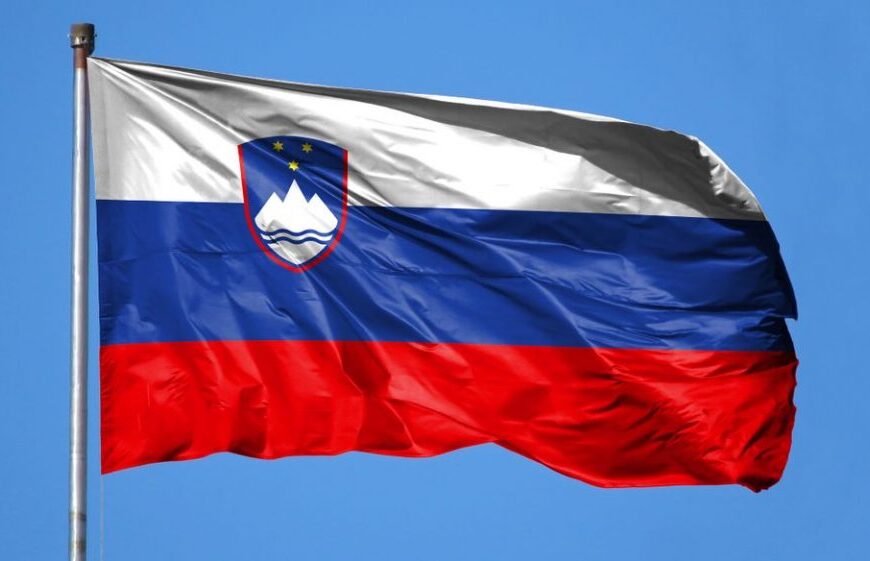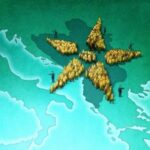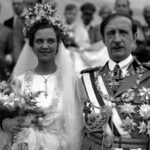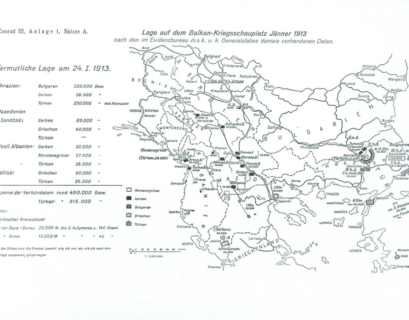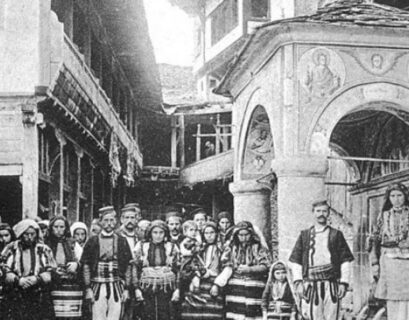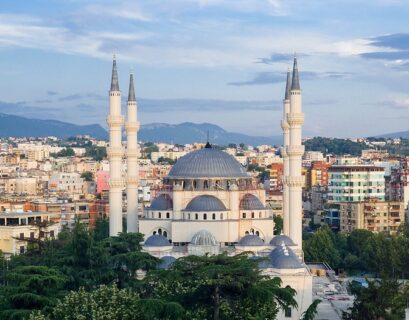By Milan Jazbec
Slovenia established its statehood in the period of the immense structural changes that accompanied the end of the Cold War. It proclaimed independence on June 25, 1991, and half a year later, on January 15, 1992, received international recognition from several states, including those of the European Community.
In the second part of the nineties, after starting institutional activities, aimed at the membership in the EU and NATO, Slovenia also announced its ambition for the nonpermanent membership in the UN Security Council (SC). It achieved this goal, being elected in autumn of 1997 at the 52 second session of the General Assembly, for the period of 1998-1999. It means that Slovenia achieved this major foreign policy goal less than six years after its international recognition. Still today, this echoes as a huge diplomatic success, unimaginable a decade before.
Almost a quarter of century later the major significance and most of the experiences are still current for Slovenia and its Ministry of Foreign Affairs (MFA) as well as for comparable small states, with rather small diplomatic service and network of diplomatic missions abroad. This is firstly, due to the fact that, theoretically speaking, the SC is in a constant session and functions as a de facto world government, and secondly, it is one of the most important global opportunities to cement a policy image of the state in question. Nothing spreads the image of a state within world’s diplomatic community so strongly as being one of the decision-making actors in the UN SC.
There are two groups of consequences for the small non-permanent member from this point of view: firstly, highly increased foreign-policy and diplomatic visibility, and secondly, increased workload for its diplomatic service. Albania has from the first point of view already important advantages, since it is already member of NATO and the candidate for the EU membership as well exercised the OSCE Chairmanship, among others. These and similar achievements already strengthen the visibility and image of the state. The nonpermanent membership in the UN SC adds significantly to this and strengthens the trend, but also raises expectation.
Not less important are influences on the diplomatic organization. They are twofold: positive (encouraging) and negative (burdening). Some of the most important consequences comprise of the following (usually both aspects, positive and negative, are intertwined):
a) Diplomacy is being faced on a daily basis with a huge workload of practically all of the important global political and diplomatic topics. A significant part of them has been previously of the scope, like overseas, African and similar topics.
b) The direct consequence of this is an upgraded and constant need for daily provision of information about those topics (diplomacy is an information-gathering machinery). This is a structural shock for a small diplomacy with small number of missions around the world. Slovenia had at that time approximately 42 missions altogether, only Cairo in Africa.
c) However, dealing with new topics broadens highly the policy horizon of diplomacy, deepens understanding of world affairs and decision-making on these issues brings the state in question firmly in the active part of global diplomatic community. It also develops foreign policy decision-making within the country.
d) From organizational point of view, this project should be settled with an ad hoc Task Force, dealing only with the membership activities. It should consist of career diplomats and be subordinated directly to the Deputy Minister of Foreign Affairs, with direct links to the Prime Minister’s and Presidential Offices for this purpose in particular.
e) Two aspects of this flexible and substance-oriented approach are important. There should be a constant communication with all the diplomatic missions abroad. Instructing and reporting for this purpose have to be top priority. Daily communication with the team in New York is a must, also close coordination with Embassies in the states, members of the SC (this author had almost daily consultations in the Swedish MFA, when in 1998 both states were members). The same goes for cooperation with Embassies of states-members of the SC, accredited to Albania. Some of the most important SC members tend to exercise persuasion, sometimes also pressure to accept their view in the voting process.
f) Permanent Representation – mission to the UN in New York must function as a well-oiled machinery. Horizontal and vertical communication and cooperation present a huge management challenge and illustrates the importance of introducing management expertise in diplomatic business. At the same time, this serves as the best diplomatic school for all diplomats.
g) From the very beginning of the membership, special preparations should focus on those two months, one in each membership year, when the member state is presiding the SC.
h) It is highly important to maintain some of the upgraded efficiency of the MFA also at later stage, when the membership is over. This overdrive manner of diplomatic work should not be lost later on.
i) In spite of this immense daily dynamics, related to the membership activities, the so called usual daily foreign-policy and diplomatic business should not stop. This is one of the most demanding challenges. It is a test of a self-assured and professional diplomacy.
The SC nonpermanent membership is a kind of postdoctoral study of diplomatic practice. Diplomatic learn to grasp the moment, establish deep understanding and knowledge of world affairs. Coordination, nonstop briefing, debriefing, following sessions, on – off the record, being active around the clock, this is diplomatic business. This assembly line does never stop.
Accumulation of expertise and knowledge is an enormous benefit for the diplomatic service and its professionalism, the best possible investment. Nowadays, topics that dominate, are still classical maintenance of peace and conflict prevention, but they take a postmodern shape: climate crisis, pandemics, energy supplies, global food chain maintenance, poverty, shortage of water supplies, drought, famine, to name but few. Democracy, rule of law and free individual, remain in the focus, with increasing ethical aspect. This all is diplomacy.
Dr. Milan Jazbec is a Slovene diplomat, professor of diplomacy, poet and writer, employed at the Slovene Ministry of Foreign Affairs, and member of the first generation of Slovene diplomats. He was Ambassador to North Macedonia (2016-2020) and to Turkey (2010-2015, accredited also to Azerbaijan, Iran, Iraq, Lebanon and Syria). He published over sixty books and is the author of more than 130 articles on diplomacy and related topics, all in fourteen languages. From 2009 he is the founding editor of the international scientific journal European Perspectives. Views, presented in this article, are solely of his own and do not represent those of his employer.


